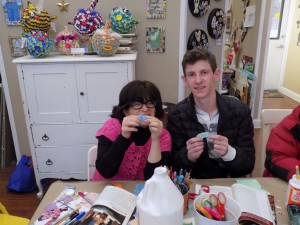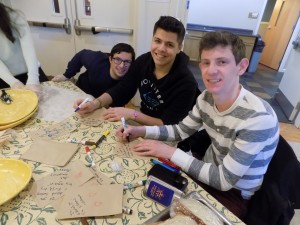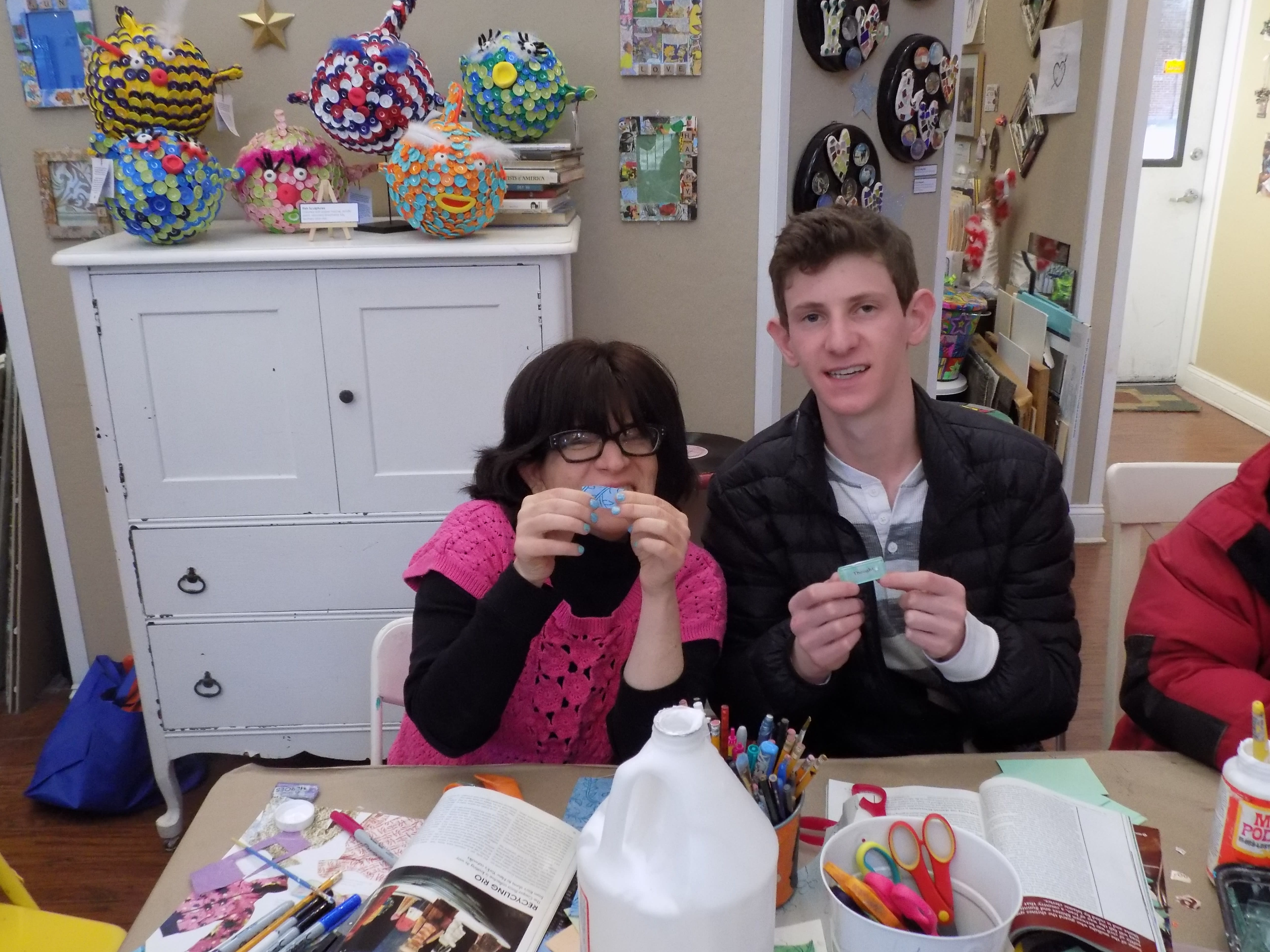
Some of you may have heard of this campaign, but I doubt it really means that much to you. Spread the Word to End the Word is the movement to stop the use of the word “retarded.” Obviously, we don’t mean the scientific use of the word, but the negative connotation that the word has picked up in our modern day vernacular.
In Memphis, and more particularly in the Cooper Yeshiva High School where I am a student, the use of the word “retarded” is very common. Don’t get me wrong; I am not calling anyone an awful person or saying that people should simply have an inborn hatred of the word. Most of the students of the school have had little to no interaction with people who have special needs. Many people, teenagers especially, rationalize their usage of this word, saying that they’re not expressing it to someone who actually has special needs. Let me offer a bit of personal insight.
I get offended by the use of the word “retarded.” Occasionally I will ask others, usually in the dorm, to refrain from saying it. What reason do I have to be offended by the use of such a word? I am not the victim of its use, so why should I care who uses it or how often they do? Why does the word cut me deeply? It isn’t because I am more sensitive than my peers or more empathetic. The only reason I feel this way is through my experiences. Had anyone had the same experience I had this summer, they would most certainly sympathize with my struggle.
This past summer, I had the incredible opportunity to work in Yachad’s program in Camp Lavi. I was a job coach, which meant that I went with a Yachad member to his or her job in the camp—whether it was working in the canteen or sweeping the dining room. I would work with them in their job site and offer assistance if needed. We slept, ate, and worked b’Yachad for a little over three weeks. We slept in the same bunk, ate at the same table and participated in the same activities. With full confidence, I can say this was the greatest experience of my life. The bonds I created sleeping side-by-side with the Yachad members were unreal. We would joke around and get into fights the same way I would with any other of my friends. We would share late-night pillow talk about how our days went. These are some of the strongest bonds I have ever formed. You learn everyone’s talents and weaknesses. You discover your own disabilities and areas in your own life that need improvement.
My favorite story of the summer, which I shared with my school at the kumzits during our camping trip, really sums up what my summer was all about. It was during color war, and the campus-wide basketball game was about to get under way. Sitting at the end of the basketball court, I raised my eyes to see one of the Yachad members (we’ll call him Sam), standing up on the stage, getting ready to deliver the national anthem before the entire camp. I felt a rush of anxiety and excitement through my body, just as one would feel if this was their close friend standing up in front of a whole camp. Sam opened his mouth and belched out the semi-mumbled words of the Star-Spangled Banner. Imagine: standing in the middle of the stadium, looking around and seeing the entire audience sitting in dead silence, holding in any laughs that may be bubbling, and then glancing to the small corner of the 20-person Yachad program and seeing them dying of laughter. Sam is my friend! Why would I think it is anything but hilarious to see him singing in front of the entire camp and botching the National Anthem. If any of my other friends had been in this same situation, I would have, without a doubt, had the same reaction.
 This is the essence of Yachad. It was not an organization created to baby those differently-abled than us, nor was it created to give those with special needs a free-ride through life. It was created with the sole purpose of the inclusion of people with special needs. All Yachad wants is for everyone to look at Sam the same way the Yachad division looked at Sam: as a friend.
This is the essence of Yachad. It was not an organization created to baby those differently-abled than us, nor was it created to give those with special needs a free-ride through life. It was created with the sole purpose of the inclusion of people with special needs. All Yachad wants is for everyone to look at Sam the same way the Yachad division looked at Sam: as a friend.
When the word “retarded” is used, it is making fun of the condition of my friend Sam and my many other friends that have similar conditions that society deemed “retarded.” When someone in Cooper Yeshiva High School makes a bad pass during a basketball game and someone calls him “retarded,” it hurts. Why are you using my friend’s condition to make fun of someone’s slip-up? Why is making a bad pass something you associate with my friend?
Coming back to school this year and seeing some of the insensitivity that people have towards my close peers from camp has shown me that something needs to be done. When the people in this school grow up and enter into the real world, they will inevitably encounter people with special needs, and whether they treat them with hostility and ignorance or love and acceptance all depends on the exposure they are given now. Rabbi Lubetski and the Yeshiva administration have been very accommodating. I am currently working on getting a Yachad chapter started here. A lot of work and help will be needed, and if anyone wants to offer assistance, please feel free to contact me. Yachad has had such an incredible impact on my life that I have pledged to raise $3,600 for Team Yachad through running the Miami half-marathon in January.
This money will go directly to Yachad and allow them to continue to do the incredible programs and events they run across the United States and Israel. To donate to my fund please feel free to click here. Any and all contributions are greatly appreciated.
I hope that after reading this article, at least one person hesitates the next time they think about using the “R” word.
An earlier version of this article appeared in the Cooper Yeshiva High School newspaper.
The words of this author reflect his/her own opinions and do not necessarily represent the official position of the Orthodox Union.
